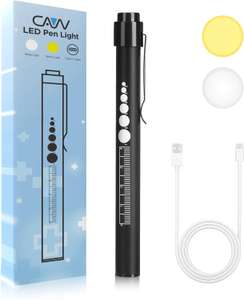
- Home
- Health & Beauty
- Healthcare

Healthcare Deals & Offers
130 active deals242,813 commentsAll Healthcare discounts and offers overview - April 2024

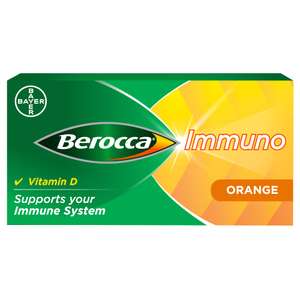
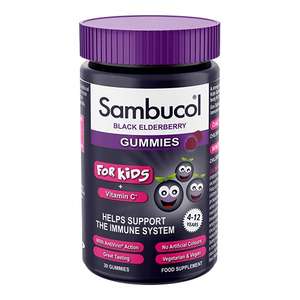
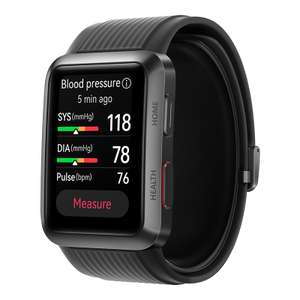

 hotukdeals
hotukdeals hotukdeals
hotukdeals 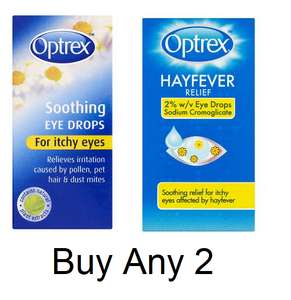
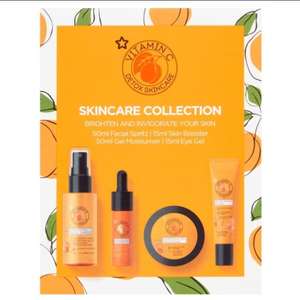
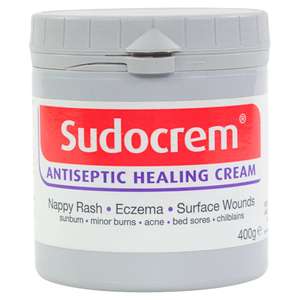
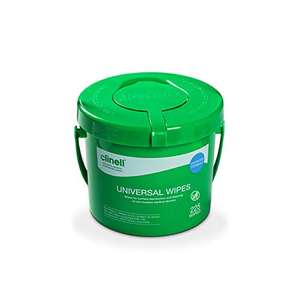
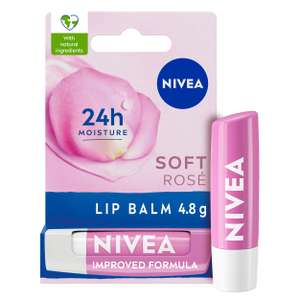
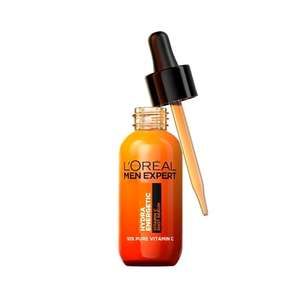
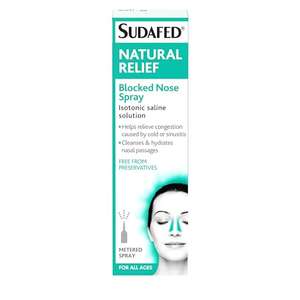
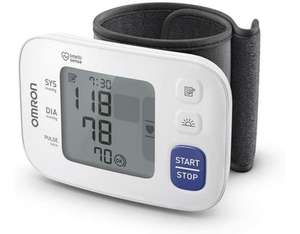
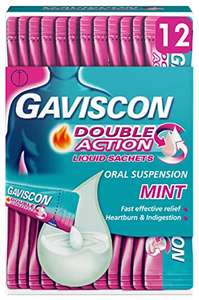
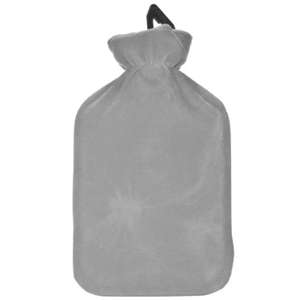
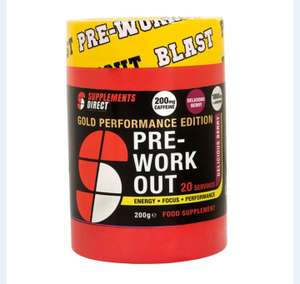
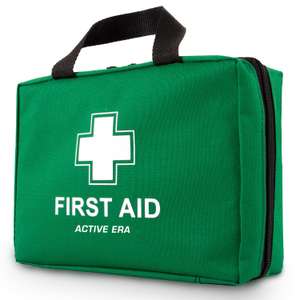
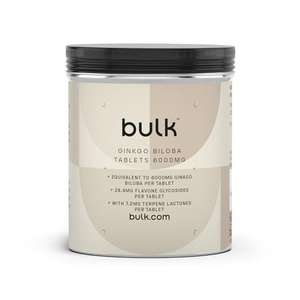
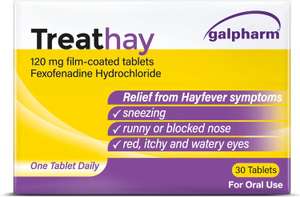
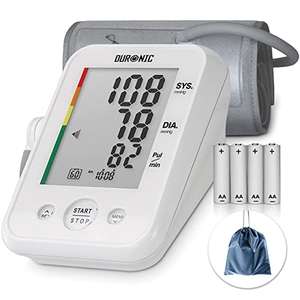
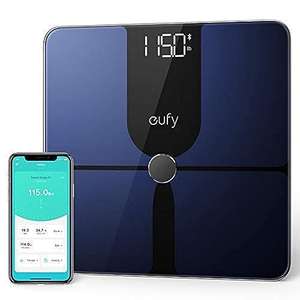
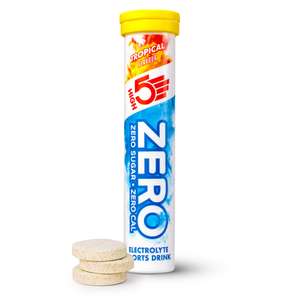
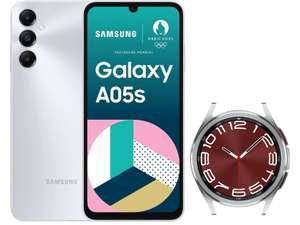
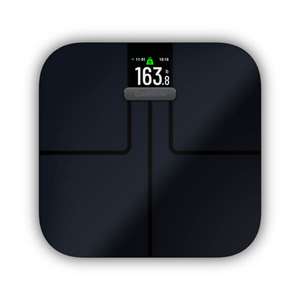
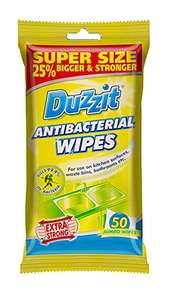
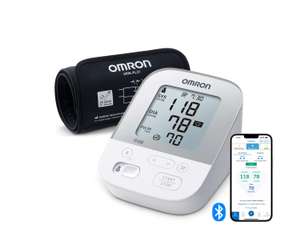
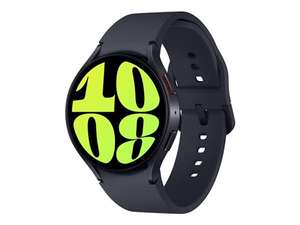
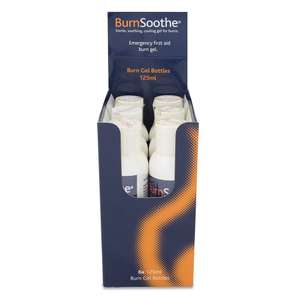
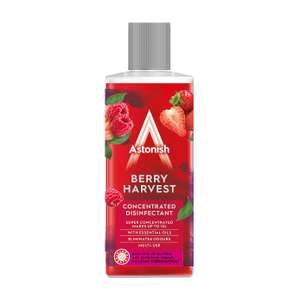
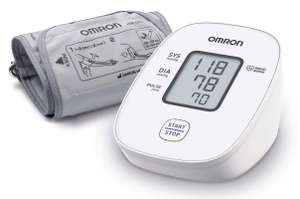
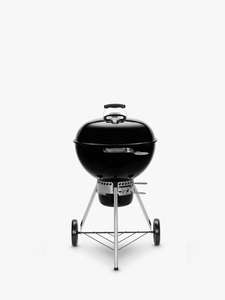
Beat Hay Fever This Summer The Cheap Way
Starting in April and May and lasting into the autumn, hayfever season can be a real pain for millions of British people. Around a third of us suffer from symptoms like chronic sniffling, sneezing, runny noses, itchy eyes, and painful rashes – all thanks to an infuriatingly simple allergic reaction to natural pollen.
However, modern medicine has a few tools at its disposal to ease the annoyance of hay fever. From decongestants and antihistamines to steroid creams, Vaseline, wraparound sunglasses, and air purifiers, there are plenty of purchases that could make life more bearable in the summer months. This hotukdeals buyer's guide will introduce some of the most effective treatments and accessories, and help hayfever sufferers find the assistance they need, as cheaply as possible.
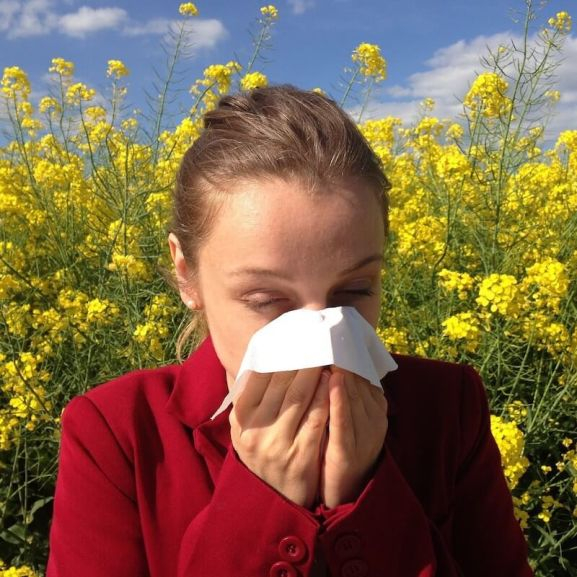
How Hay Fever Remedies Have Developed Over the Years
Although hayfever (or rhinitis) has been a feature of human life for thousands of years, it has only really come to be seen as a major disease in the past 150 years. In fact, the name “hay fever” was coined by Victorians who noticed the rise of nasal allergies, and associated it with early season hay-making. They weren't far off, but these observers had no knowledge of the role played by pollen. Still, the name stuck and giving hay an undeserved reputation as a cause of disease.
The first medical description of hayfever came from a London physician called John Bostock, who wrote about his own (serious) symptoms. Bostock wasn't just a pioneer writer on hay fever. He also experimented throughout his life with potential cures, from blood-letting to opium, and even doses of mercury. None of them worked, but Bostock did find relief from simply staying indoors. Later on in the 1850s, an Englishman called Charles Buckley theorised a relationship between pollen and hayfever, although he (and many others) thought that there was a strong mental component. Buckley saw hay fever as a disease of the wealthy and highly-strung, setting back serious efforts to find remedies.
Things changed in the 20th century when the science of allergies started to mature. Scientists like Clemens Peter Perquet von Cesenatico connected pollen to nasal allergies, and modern treatments like epinephrine were first used around the turn of the century. By the 1930s, antihistamines were being mass produced, and society slowly came to embrace steroid-based treatments. Natural remedies never went away, and are still being studied for their benefits, while immunotherapy is being touted as a potential cure. So the future might be bright for hay fever sufferers, but for now, let's take a look at how to deal with the symptoms.
What Causes Hay Fever?
What causes hayfever? At its root, the condition is a basic allergic reaction, which causes the body to go into self-defence mode. That's why sufferers become full of mucus and start to sneeze. Their bodies think that they are under attack, just like they would if they were infected with a cold virus. Unfortunately, the allergy in question regards something we can hardly avoid: pollen. Pollen is produced by almost all plants as they reproduce, and it is released in vast amounts into the air during specific pollen seasons. These vary from species to species, meaning that from spring to the end of summer, we wade through an invisible cloud of plant emissions.
Hay fever isn't a single condition, and everyone has slightly different pollen allergies. Because of this, you could feel fine until June, then be house-bound from July to August, while others could have a few weeks of sneezing then nothing else for the rest of the season. If your symptoms begin early, you are probably allergic to tree pollen, which is secreted in late spring and early summer. Those who experience symptoms as summer gets underway are probably most sensitive to grass pollen, while unfortunate people who experience symptoms into autumn are likely to react adversely to weed pollens. Some people are allergic to all forms of pollen, being afflicted until the trees are leafless.
Video: Hay fever advice | NHS

Different Types of Hay Fever Products
When you search the hotukdeals hayfever listings, you'll find a wide variety of types and brands of hayfever remedies. For those who are new to treating allergies, the variety can be disorientating, and it's not always easy to find a product that suits your symptoms and preferences. Generally speaking, products will fall into the following categories:
Pills – Orally administered pills are a common resort for hay fever sufferers. Antihistamines, natural remedies, and decongestants may all come in capsule formats, usually under brand names like Piriteze, Benadryl, or Piriton. However, branded medications come with a price premium, even though the actual drugs are available in generic form. You can often find cheap hayfever tablets from merchants like Boots or Sainsbury's for much less than their branded equivalents, and they should prove just as effective.
Nasal sprays – If your symptoms mainly involve sneezing and nasal inflammation, a cheap hay fever nasal spray may be the best way to go. Medications like Prevalin act quickly, taking effect within 2-3 minutes, and include no steroids or antihistamines. Instead, they create a protective lining around the “nasal mucosa”, preventing it from becoming irritated. Other steroid based sprays actively combat inflammation and may be more useful once symptoms have taken hold. But preventative sprays are often a better option to use throughout hay fever season.
Eye drops – Itchy, painful eyes are one of the most annoying symptoms of hay fever, and they can be very hard to treat effectively. However, prescription eye drops containing antihistamines can be effective, as can over the counter brands like Optrex, which help to soothe tissues around the eye. The same applies here as with tablets. If you prefer a certain brand, by all means stock up on its products. But be aware that generic drops from companies like Lloyds Pharmacy are usually cheaper, and just as effective.
Creams – If your symptoms manifest themselves as a rash, using an antihistamine cream may be the best option. Similar to the creams used to handle insect bites and stings, these creams can be applied straight away to provide instant relief.

How Do Hayfever Medications Work?
While hay fever can't really be cured, there are proven ways to address symptoms like sneezing, runny noses, itchy eyes, and rashes. The most effective option varies from person to person, as not every sufferer contends with inflamed eyes or convulsive sneezing, and a range of treatments are available:
Steroid Compounds – The most common hayfever medications tackle the inflammation caused by allergic reactions. Usually based around these sprays and lotions can be applied to nasal passages, have very few side effects, and can be taken cheaply and quickly. But they aren't likely to deal with congestion and eye irritation, or more severe reactions.
Decongestants – These help to solve some of the nastier side effects of hay fever like nasal or throat congestion. Medications like pseudoephedrine are easily available and generally work well, at least for a few days. If you use them too often, decongestants can actually worsen nasal congestion in a process known as “rebound.” So, they are an emergency remedy for many people, but not a long-term cure. If standard decongestants aren't effective, other options include a class of medications called leukotriene modifiers. These substances interfere with immune system processes which stimulate mucus production, so they tackle the cause of congestion. But side effects are more common than with other treatments, so care needs to be taken when using them.
Antihistamines – These drugs get to the root of the allergic reaction which causes many hayfever symptoms, blocking the release of compounds called histamines. So essentially, they block the body's response to pollen. However, there's a catch. While antihistamines work well for rashes and sneezing, they aren't as effective at easing congestion, and they have variable results for the eyes. Some people also have adverse reactions to antihistamines, so they aren't a universal solution.
Homeopathic & Herbal Remedies – Natural remedies are controversial, but some have received endorsement from medical authorities. Spirulina, Tinospora cordifolia and butterbur are all commonly used, while others swear by high-concentration vitamin C, fish oils, and capsicum. There's not much to lose by experimenting with these remedies, as all are free of major side effects. Just don't expect miracles.
What Else Can You Do to Protect Against Hay fever?
Dealing with hay fever isn't all about choosing the right medication. Hay fever is the kind of condition which can be managed by behaviour and lifestyle decisions, and experts tend to make a number of general recommendations to make life easier for sufferers.
Wearing sunglasses is one popular piece of advice which can make a big difference. Wraparound glasses create a physical barrier between your eyes and pollen in the air, reducing the amount that comes into contact with your mucous membranes. It sounds simple, and it is, but sunglasses genuinely do lessen symptoms, and also help your eyes to relax – which can reduce the severity of inflammation when pollen does get in.
It's also advisable to avoid pollen as much as possible. This means staying clear of freshly cut grass and parks or fields where plants are flowering. And this can extend to the home as well. Keeping windows closed during pollen season is a sensible precaution, as is regular cleaning to reduce dust particles, and changing out of pollen-covered clothes when you enter the house.
Many sufferers also make a point of catching the pollen forecast. This has now become part of TV weather broadcasts across the country and gives a good idea of what to expect. Not all days are likely to bring itchiness and bouts of sneezing, so those are the ones to get out and about.
Abstinence can also be effective. It's annoying for people who love to socialise in beer gardens during the summer, but alcohol consumption can trigger histamine production in the body, which worsens hay fever symptoms – a kind of allergy double whammy.
Finally, there's the question about what helps Hayfever at night? Having hay fever can ruin your sleep patterns, and medications aren't necessarily much help. While taking an antihistamine will often help, keeping the windows closed, drying bedding inside after washing (to stop it becoming clogged with pollen) and adding a little Vaseline inside your nose can all make a difference.

How to Choose the Right Hay fever Remedies
Before making a purchase from the hotukdeals hay fever listings, it's best to work out exactly which types of treatment make sense for you. The first step is often to arrange a doctor's appointment, where you can discuss the severity of your symptoms and any potential side effects from popular treatments. You may benefit from an allergy blood test, which can offer guidance about the best medications.
Otherwise, decide whether you need symptom-specific or general treatments. If you want to tackle eye, skin, and nasal symptoms all in one, an antihistamine tablet will probably work best. For focused symptom relief of congestion or sneezing, sprays will be a more responsive, convenient option. As anyone who has suffered from chronic eye inflammation will tell you, having eye drops close to hand during summer can be a life-saver.
Accessories that Hay Fever Sufferers May Want to Buy
As we noted earlier, dealing with hay fever isn't always about finding the right spray, drops, or pills. Having the right mix of accessories can also enhance the quality of life of hayfever sufferers, and there are some items that everyone should have during pollen season:
Sun hats and caps – Even a simple baseball cap can help shield your eyes and nose from excess pollen. Wide-brimmed Panama hats can be even more effective. You’ll find a wide range of style at the hotukdeals listings for hats.
Handkerchiefs and tissues – Pocket packs of tissues are a must-have item during hay fever season, so don't leave home without them. A simple but quick saving tip: try and buy giant packs of pocket tissues instead of individual packets – you’re likely to save a fortune if you suffer from bad hayfever.
Pollen testers – If you're really conscientious about minimising pollen exposure, you might want to get hold of a testing kit. They might seem like overkill to those with moderate symptoms, but these kits can help serious sufferers avoid high pollen environments, and that can make a big difference to their quality of life.
Vaseline – Petroleum jelly is a common ally for hay fever sufferers during the summer months. Used sparingly before leaving the house, Vaseline can create an effective barrier between mucous membranes and pollen, particularly when put inside the nose. It sounds off-putting but believe us, it works.
Air purifiers – These devices are designed to purify the air inside homes, removing as much pollen and dust as possible. When choosing one, look for a strong Clean Air Delivery Rate (CADR) for pollen, and look to premium models like the Dyson Pure Cool.

How and When to Purchase Hay Fever Remedies and Accessories
Hay fever is a curse for millions of Britons. If you're reading this, there's a good chance that you're sniffling or trying desperately to avoid itching your eyes. And you're also probably keen to find a hayfever treatment that works, at the lowest price possible.
Remember to check for generic versions of popular medications, and to buy in bulk if you get the opportunity. But, if you have been caught out by a sudden hay fever eruption and you need to know where to pick up some antihistamines for bargain prices, our listings will point you in the right direction.
It may also be worthwhile stocking up for the next season as well. Hayfever medications do have expiry dates, but they are usually a few years in the future. It's absolutely fine to keep tablets or eye drops in the cupboard over the winter. That way, you'll have the weapons you need to defeat Hay fever from the very first symptoms.
hotukdeals is an excellent place to stock up on antihistamines, eye drops, nasal sprays, and hayfever accessories like air purifiers. We've gathered together up-to-date discounts on hayfever essentials from leading merchants like Amazon, Boots, Lloyds Pharmacy, Tesco, PharmacyFirst, Waitrose, and Home Bargains. So there's a nice spread of online and High Street sellers – and a huge range of discounts for the medications you need.
In any case, don't be left without remedies for this annoying condition. Enjoy summer without sneezing and itching, and pick up cheap hayfever eye drops and pills at the hotukdeals hay fever listings.
Banish Hay Fever For Good With Discounts from hotukdeals
Just when the sun comes out and nature is at its most inviting, millions of us suffer from sneezing, itchy eyes, and congestion. While the symptoms can be infuriating, help is at hand in the form of hayfever medication and natural remedies. Find the best deals for less at the hotukdeals hay fever listings.






